In Brief
The second installment of NBC’s digital series #ChangingTheNarrative, features the city of Battle Creek, Michigan. Home to the W.K. Kellogg Foundation since 1930, and historically known as an industry hub, today Battle Creek is home to a multi-racial community – including Black, Burmese and Spanish-speaking people. The series drew together five women from these three communities to discuss their work and their dreams for Battle Creek’s future. Those dreams are advanced by active participation in racial healing circles.
The Black community in Battle Creek traces its inception to the pre-Civil War era, when Battle Creek families opened their homes to people escaping slavery through the Underground Railroad. Famous orator and pro-liberation advocate, Sojourner Truth, made her home there from 1867 to her death in 1883. Khyrinn Herring, a racial healing practitioner and THRT youth development coordinator, is part of the newest generation of Black women dedicated to transforming Battle Creek – and beyond. Of racial healing circles, she says, “To take that fiery energy and combine it with the skills of facilitation – it just made sense.”
The Burmese community in Battle Creek is marked both by the trauma of nearly 75 years of political unrest and violence in their home country of Myanmar, as well as language and cultural barriers which disrupt access to medical care, job training, higher education and democratic engagement here in the United States.
The Spanish-speaking community of Battle Creek is one of the city’s fastest-growing communities and faces similar challenges with language barriers. Interpretive services, including those offered by the city’s community development specialist Michelle Salazar, are helping community members connect with economic and other critical resources they often had trouble accessing in the past.
Looking around the featured gathering of five women representing these three communities, Salazar smiles. “To see empowered Black women, empowered Burmese women, empowered Latinx women, all in the same room – we need more of that.”
“To thrive, instead of just survive,” concluded Herring.
Why This Matters
The human brain is wired for stories. The stories we tell about ourselves, our society and fellow human beings can either reinforce harmful beliefs or lead us to greater understanding of how we are all connected to one another.
We often tell stories about the history of our towns and cities from a narrow perspective, or perpetuate stereotypes about some of our neighbors. Yet, as demonstrated in Battle Creek’s experience, the future is more diverse. America’s history is filled with significant contributions, traumas and joys among people of many different racial and ethnic backgrounds. Telling more complete stories about our past and present can help us envision and achieve a future that works for everyone.
Battle Creek’s Truth, Racial Healing and Transformation team is committed to creating a culture of truth tellers. In addition to racial healing circles, where community members share their stories with one another, they have published How We Heal: an Anthology of Personal Testimonies about Racial Healing in Battle Creek.
The Opportunity
Storytelling and narrative change can start with simple conversations among friends and neighbors, carefully facilitated with advice from our conversation guide.
To learn more, join us for the National Day of Racial Healing primetime townhalls Jan. 17 at 10 p.m. on MSNBC and streamed on Noticias Telemundo at 7 p.m. and visit DayofRacialHealing.org to find events and activities near you.

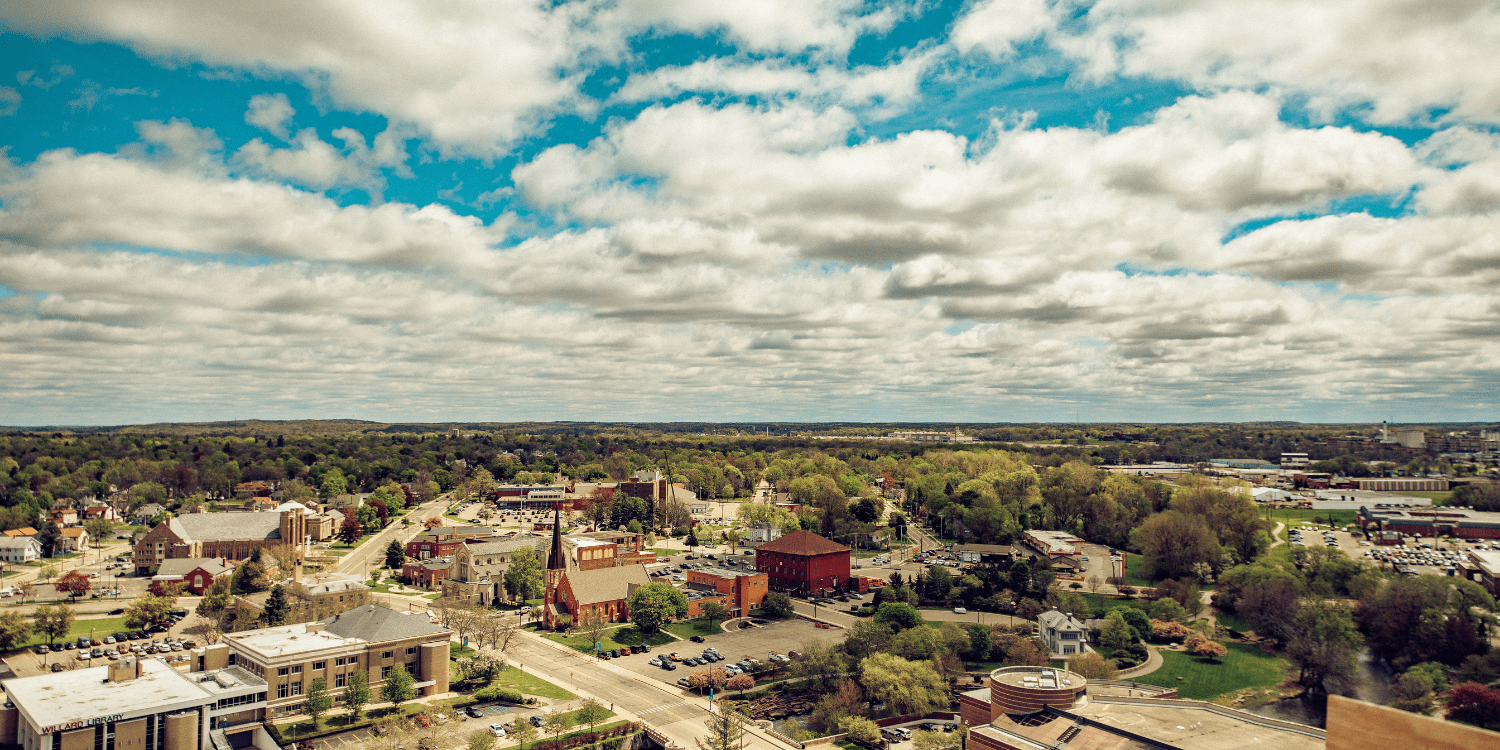
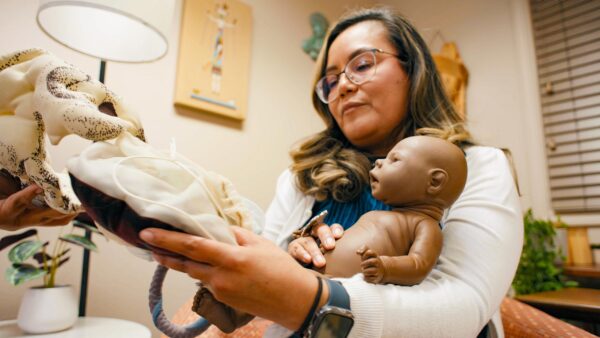
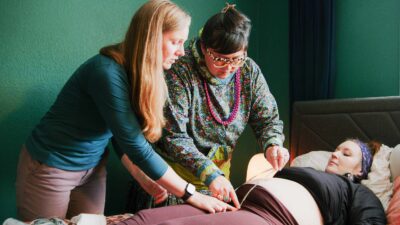
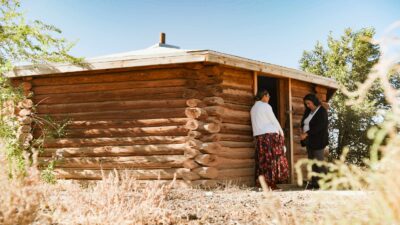
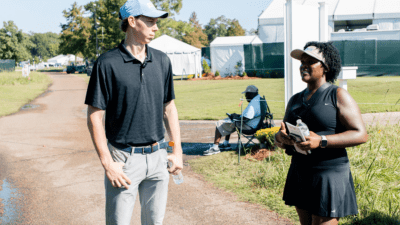
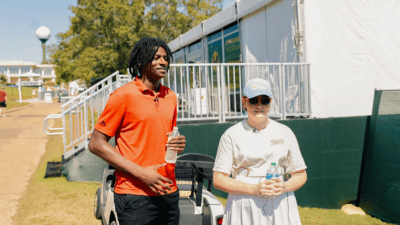

Comments